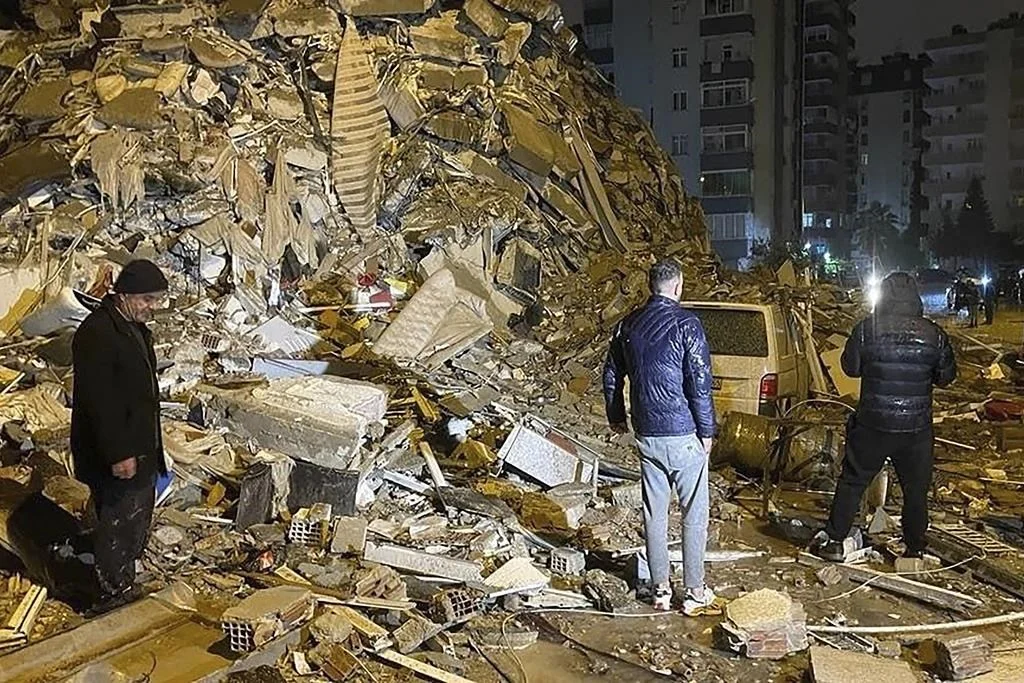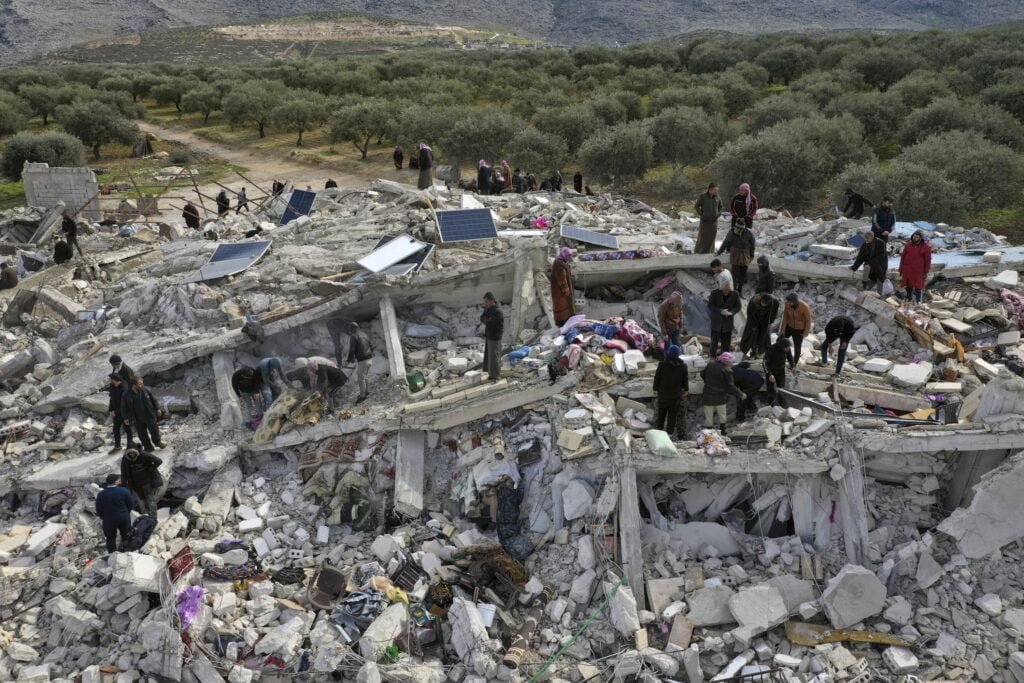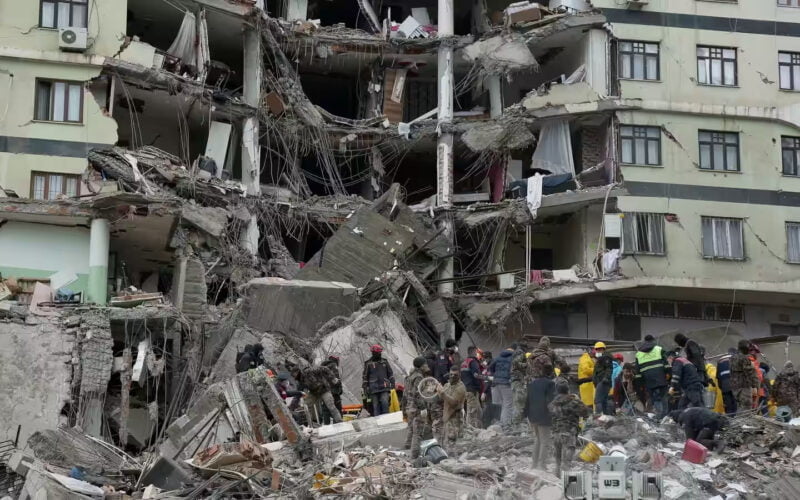GENEVA: The massive earthquake that has killed thousands in Turkey and Syria may impact up to 23 million people, the WHO warned on Tuesday while pledging long-term assistance.
According to event overview maps, up to 23 million people may be at risk, including about five million vulnerable populations, according to senior emergency officer Adelheid Marschang of the World Health Organization.
In particular, in Turkiye and northwest Syria, she noted, “Civilian infrastructure and possibly health infrastructure have been destroyed across the affected region.”

Marschang told the WHO executive committee in Geneva that the organization “considers that the main requirements may be in Syria in the immediate and mid-term.”
She spoke as rescuers searched for survivors buried by earthquakes that killed more than 5,000 people while working through bitter cold, aftershocks, and collapsing buildings in Turkey and Syria.
As the UN health organization hurriedly dispatched aid to the region, WHO chief Tedros Adhanom Ghebreyesus declared, “It is now a race against time.”
To provide the injured and the most vulnerable with the necessary medical care, we are deploying emergency supplies and have activated the WHO network of emergency medical teams.
Disaster relief organizations reported that thousands of buildings were destroyed in towns and cities along the vast Turkiye-Syria border region, adding to the misery already experienced by the area due to war, insurgency, refugee crises, and a recent cholera outbreak.
Throughout the night, survivors picked through the twisted remains of multi-story apartment buildings with their bare hands to save loved ones, friends, and anyone else sleeping there when the first powerful 7.8-magnitude earthquake struck Monday.

Northern Syria, which has already been devastated by years of war, is in a terrible situation.
Because of the earthquake’s damage, Marschang stated that “the transformation of aid through the border into northwest Syria is likely to be or has already been disrupted.”
“This in and of itself would be a major crisis.”
She spoke at a special gathering to discuss the tragedy after a moment of silence for the victims.
The head of the WHO committed that the organization would “work closely with all partners to support authorities in both countries in the critical hours and days ahead, as well as in the months and years to come as both countries recover and rebuild.”




 WhatsApp Channel
WhatsApp Channel
 Instagram
Instagram
 Facebook
Facebook
 X (Twitter)
X (Twitter)